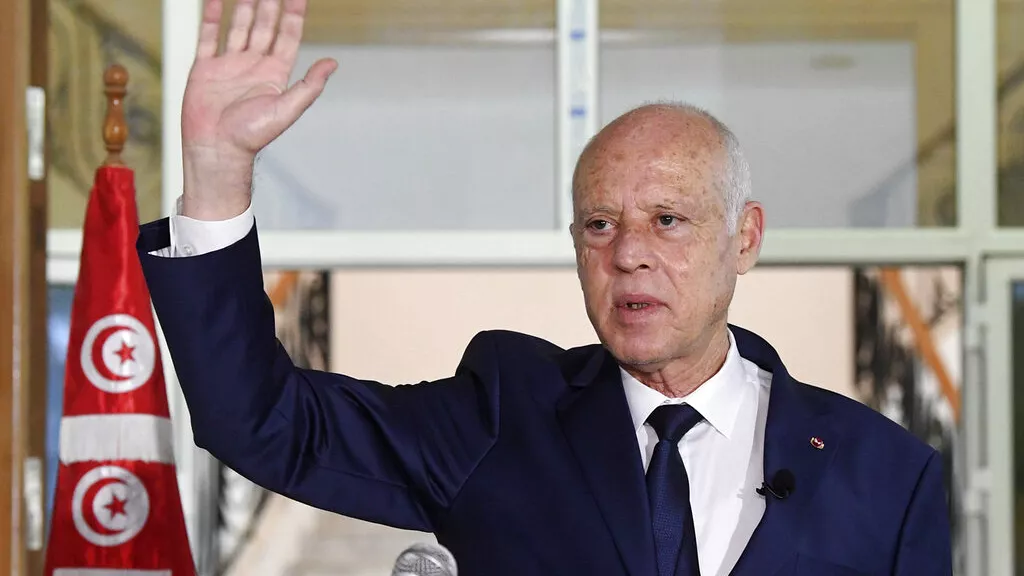
Mr. Saied clarified during his meeting with Prime Minister Najla Bouden that the current subsidy system for essential goods benefited all Tunisians, including the wealthiest individuals, as stated in a press release from the presidency.
Given this situation, he deemed the concept of "redistributing surplus wealth from the rich to the poor" to be relevant, citing the teachings of Omar Ibn Al-Khattab, one of the early Islamic caliphs.
Instead of removing subsidies in the name of rationalization, he proposed the possibility of introducing additional taxes on those who benefit from subsidies without actually needing them. He believed that such a mechanism would enable the state to avoid succumbing to "foreign dictates."
In April, Mr. Saied had already rejected the conditions imposed by the IMF, which linked the granting of a loan to Tunisia with economic reforms and the removal of certain state subsidies.
However, in his recent statements, he did not provide specific details on how new taxes would be implemented in a country where employee taxes are deducted at source but where a significant number of individuals working in the private sector do not declare their income to the tax authorities.
Tunisia, burdened with debt amounting to approximately 80% of its GDP, reached a preliminary agreement with the IMF in mid-October for a new loan of nearly $2 billion to address the severe financial crisis it is facing.
Nevertheless, discussions have reached a deadlock due to the country's lack of a firm commitment to implementing a reform program aimed at restructuring Tunisia's more than 100 heavily indebted public companies and removing subsidies on certain essential products.
The economic and financial crisis has manifested in chronic shortages of basic food items, exacerbated by high political tensions since President Saied assumed full power in July 2021, shaking the democracy that emerged from the initial Arab Spring uprising in 2011.
Copyright © ENTREPRENEURSHIP DEVELOPMENT INSTITUTE 2015. All rights reserved.
Powered by: C.B.N